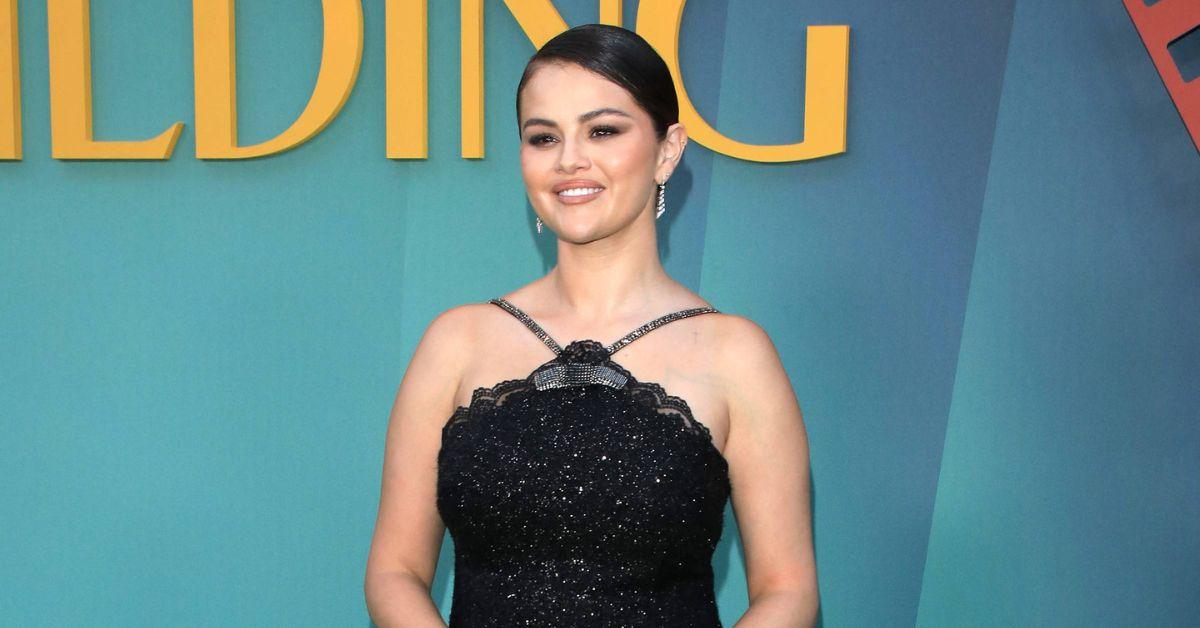In the ever-churning world of royal affairs, few stories grip the public quite like the tumultuous relationship between Prince Harry and King Charles III.
Their father-son bond has been tested by tension, public scrutiny, and a series of misunderstandings that have played out in the media spotlight.
Recently, Prince Harry made an emotional appeal for reconciliation, hoping to mend the rift that has widened between him and his family.
However, King Charles’ reaction was anything but warm, igniting a media frenzy that has captivated audiences around the globe.
To truly grasp the essence of this royal saga, one must consider the backdrop against which it unfolds.
Prince Harry, once a cherished member of the British royal family, has transitioned to a life of independence in America alongside his wife, Meghan Markle.
Their decision to step back from royal duties and share their experiences in interviews and memoirs has dramatically reshaped the dynamics within the royal family.
In his recent public comments, Harry expressed a sincere wish to reconcile with his father, underscoring the significance of family ties and love.
Yet, the subtleties behind this plea reveal the deep-seated strain in their relationship.
As the reigning monarch, King Charles finds himself burdened by a legacy of duty and public service, navigating the complexities of his role while dealing with the fallout from his son’s choices.
While Harry reaches out for understanding and compassion, Charles’ response has been described as furious and dismissive, reflecting his frustration over Harry’s decisions and public disclosures.
This clash of ideals paints a vivid picture of their relationship: Harry’s quest for connection stands in stark contrast to Charles’ struggle to fulfill the expectations of his position as king.
As we delve deeper into this unfolding drama, it’s important to consider the broader implications of their exchanges.
The royal family, often perceived as a bastion of tradition, is now under the microscope due to its internal conflicts.
The public’s fascination with their lives has only intensified, driven by ongoing revelations and commentary from both sides.
King Charles’ anger isn’t just personal; it symbolizes the institution’s battle to uphold its dignity amid modern challenges.
Every statement, interview, and revelation can sway public opinion and impact the monarchy’s stability.
In this context, Harry’s plea for reconciliation takes on a dual significance—it is both a personal appeal to heal old wounds and a challenge to the royal family’s traditional narrative.
Harry’s willingness to publicly address their issues reflects a generational shift towards emotional honesty and authenticity, qualities that sometimes clash with the royal family’s longstanding values of stoicism and restraint.
As we explore key moments in their relationship, from Harry’s early days as a royal to his decision to step back, we will scrutinize how the media has shaped public perception and influenced the royal family’s responses.
The tension between King Charles and Prince Harry mirrors a broader societal trend where individuals increasingly confront family issues openly rather than burying them.
This universal desire for reconciliation is often fraught with emotional complexities, making their story relatable on many levels.
As we reflect on their journey, themes of forgiveness, understanding, and the intricate nature of familial love come to the forefront.
The ongoing saga of King Charles and Prince Harry is steeped in history and emotion, all while being relentlessly scrutinized by the public eye.
As we track their evolving relationship, we will observe how their choices impact the monarchy and the persistent hope for reconciliation that resonates with many.
Moreover, the media’s role in this tumultuous relationship cannot be overlooked.
It serves as both observer and influencer, shaping public perception in profound ways.
The modern media landscape—especially in the age of social media—has revolutionized how royal narratives are crafted and consumed, creating a double-edged sword for the royals.
From the moment Harry and Meghan entered the public consciousness, they became subjects of intense scrutiny.
Their fairy tale romance quickly morphed into a relentless chase for every detail of their lives, especially following their decision to step back from royal duties in 2020—a move that sent shockwaves through both the monarchy and the media.
The coverage surrounding this pivotal moment was not merely factual but charged with emotion and speculation.
High-profile interviews, particularly Harry’s candid revelations about mental health struggles and feelings of isolation, sparked significant public empathy, while also igniting backlash against the couple.
The media’s portrayal can humanize or vilify individuals, depending on the narrative at play.
King Charles has responded to this media frenzy with a mix of frustration and strategic maneuvering.
Caught between defending the royal legacy and addressing the public’s insatiable appetite for gossip, he often finds himself portrayed as a monarch grappling with chaos.
Headlines tend to emphasize drama, reducing complex familial relationships to catchy soundbites that capture attention but miss the full story.
When Harry made his heartfelt plea for reconciliation, the media’s interpretation varied widely.
Some outlets emphasized the emotional weight of his words, while others framed it as desperate.
This inconsistency muddles public perception, complicating the already intricate emotional landscape they navigate.
As a result, the media not only reports on their relationship but actively shapes how the public perceives their interactions, often amplifying divisions instead of fostering understanding.
Social media has further intensified this dynamic, allowing for instantaneous reactions and commentary that can spiral into speculation and opinion.
Harry and Meghan’s every move is dissected in real time, leading to a rapid exchange of views that can be both supportive and critical.
This democratization of commentary can empower fans but also overwhelm the royals, who must contend with a constant stream of feedback ranging from admiration to disdain.










